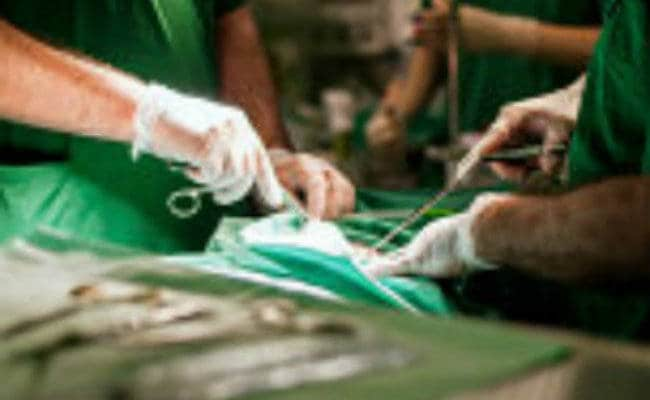While data from the MCD does not make clear the entire story about the spread of dengue, malaria, chikungunya, there is a serious reason to worry.

The spread of dengue, chikungunya and malaria has continued in Delhi since 2015
Even according to these numbers, the spread of chikungunya is also not far behind with 161 people currently affected by it. Out of these, 12 cases were reported in the last month.
Underreporting of outbreak
Last year, the Comptroller and Auditor General Office had striked MCD on the gross mismanagement in reporting and treating vector borne diseases. The south corporation which is in charge of recording data reported only 22,436 of the 67,578 positive cases of dengue, found by hospitals between 2013 and 2015, when Delhi witnessed its worst-ever outbreak of dengue.
The CAG report also brought to notice that of 409 dengue deaths reported across city hospitals in 2015, MCD's death review committee confirmed only 60.
This year also, the Safdarjung hospital, whose testing practices are in tune with government methods, has itself recorded over 310 dengue cases. This number is bigger than the total cases reported in Delhi which naturally houses hundreds of health centers.
The root of this problem lies in hospitals not being able to send accurate data to the MCD due to confusion over details. A majority of the patients are not admitted formally due to lack of address or other personal details and so they are missed from government records. The MCD requires the address of a patients to check for mosquito breeding at the site. "We get data without addresses," said Dr NR Das, a municipal health officer of the east corporation.
Also read: New mosquito species found in Delhi
How authorities have still geared up for combat
After the ban of non steroidal drugs like aspirin and ibuprofen that bear a possible threat for infected patients, the Delhi government also issues orders to all private and public hospitals to increase bed capacity by up to 20% to deal with the spread.
SDMC has also initiated a pilot project to get clarity on the situation where dengue breeding checkers have been assigned to vulnerable areas so they can record the larvae breeding and fumigation in real time.
Awareness drives, pamphlets, announcement of do's and don't's via vehicles carrying loudspeakers has also continued but to not much avail as the number of cases has spiked, following last year's trend where 9,700 chikungunya cases and 4,400 dengue cases were confirmed.
First, you should know that while dengue and chikungunya spread through mosquitoes that breed in clear water, malaria causing anopheles mosquitoes can also breed in muddy or dirty water. All these are vector borne diseases because they spread with the bite of an infected tick, mosquito, bug or flies.
So it's important to clear all breeding grounds of vectors like coolers, open bird baths, open drains and any other open site that has water stored. Also make sure to report to a nearby health center at the first sight of symptoms like high fever, body chills, headache, vomiting, rash or muscle pain.
Also read: 5 reasons a mosquito bites you but not others
DoctorNDTV is the one stop site for all your health needs providing the most credible health information, health news and tips with expert advice on healthy living, diet plans, informative videos etc. You can get the most relevant and accurate info you need about health problems like diabetes, cancer, pregnancy, HIV and AIDS, weight loss and many other lifestyle diseases. We have a panel of over 350 experts who help us develop content by giving their valuable inputs and bringing to us the latest in the world of healthcare.












